A week later, he could be in residence at the Nagoya Kanko Hotel, where members of the Japanese imperial family have historically chosen to stay when they visit the city.
Such is the life of a man whose job it is to frequent some of Asia’s finest boutique hotels.
Wong is the Asia-Pacific senior vice-president for Small Luxury Hotels of the World (SLH), a group of independently owned properties vetted for their ability to deliver a luxury experience.
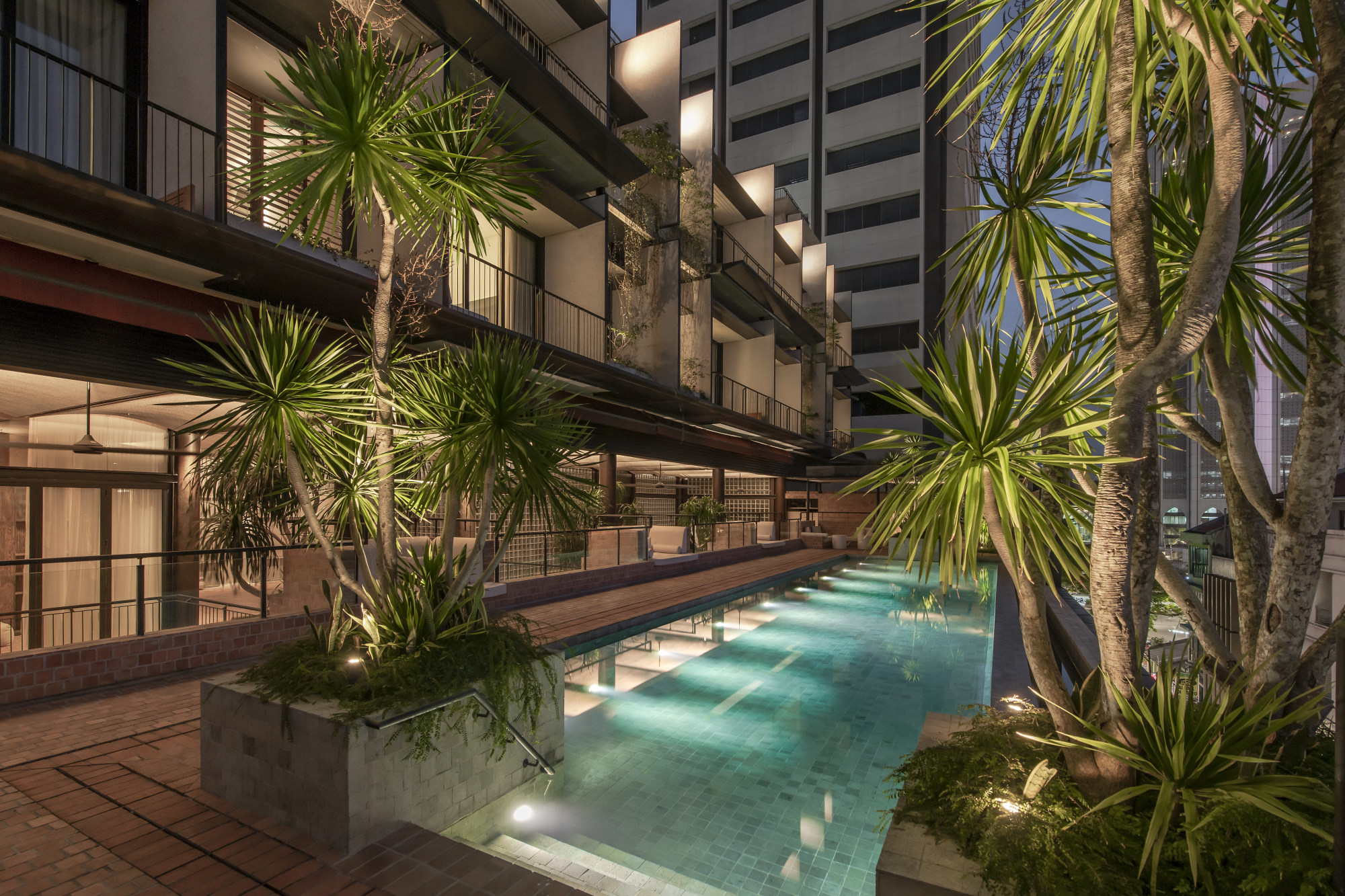
He grew up and is now based in Singapore, and began his hospitality career in 1995, having just completed an integrated marketing communications programme at Northwestern University in Chicago, in the United States.
“My dream was always to go to Madison Avenue in New York, and sort of be the ‘adman’,” he says.
But Wong already had experience looking after travel accounts at advertising agencies, so Hyatt Hotels Corporation recruited him for its Hong Kong office, where he stayed for five years before joining American Express and moving to New York.
My sweet spot is 50 to 100 rooms, because that gives you the uniqueness and personalisation that a small hotel can offer
In 2007, Wong settled back in Singapore, taking a job with Preferred Hotels & Resorts – also focused on independent hotels – before joining (and later rejoining) SLH in 2009.
The uniqueness and creativity that small, independent hotels offer has kept him interested in the job.
“[SLH doesn’t] have a bible of design or standards that everybody follows – we want to celebrate the independence of each hotel,” he says.
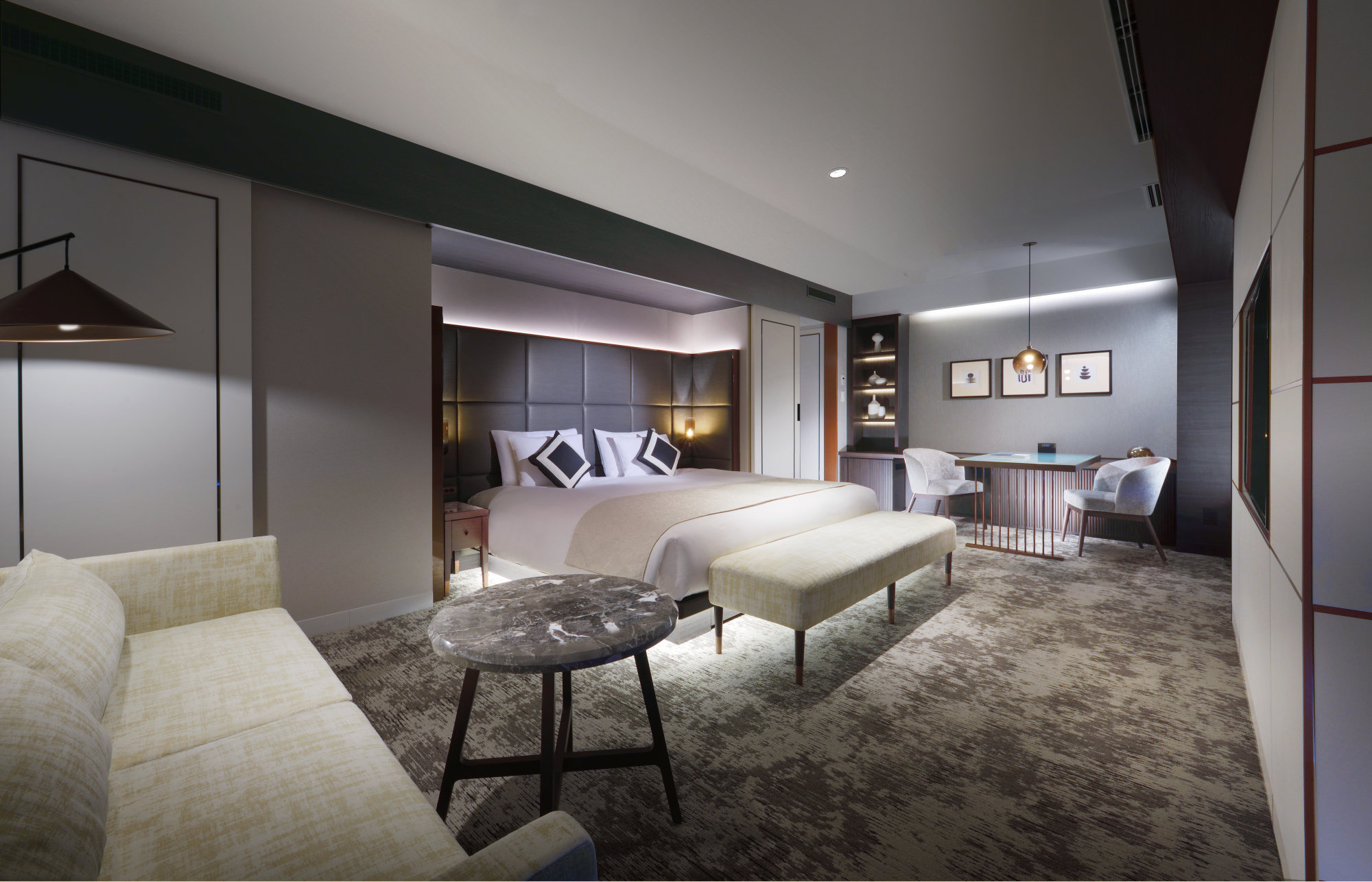
“We deal with a lot of owners that are very passionate about their project, because it’s a small hotel – it’s a personal investment most of the time. So they put a lot of their own influence, their own liking or passion into each project, almost like a reflection of themselves.”
One owner might have adorned their hotel’s walls with art they have spent years collecting; others will have spent years restoring old warehouses or other buildings.
Wong looks after 132 independently run hotels and SLH – in addition to being a luxury accreditation of sorts – helps them with sales and marketing in exchange for an annual membership fee.
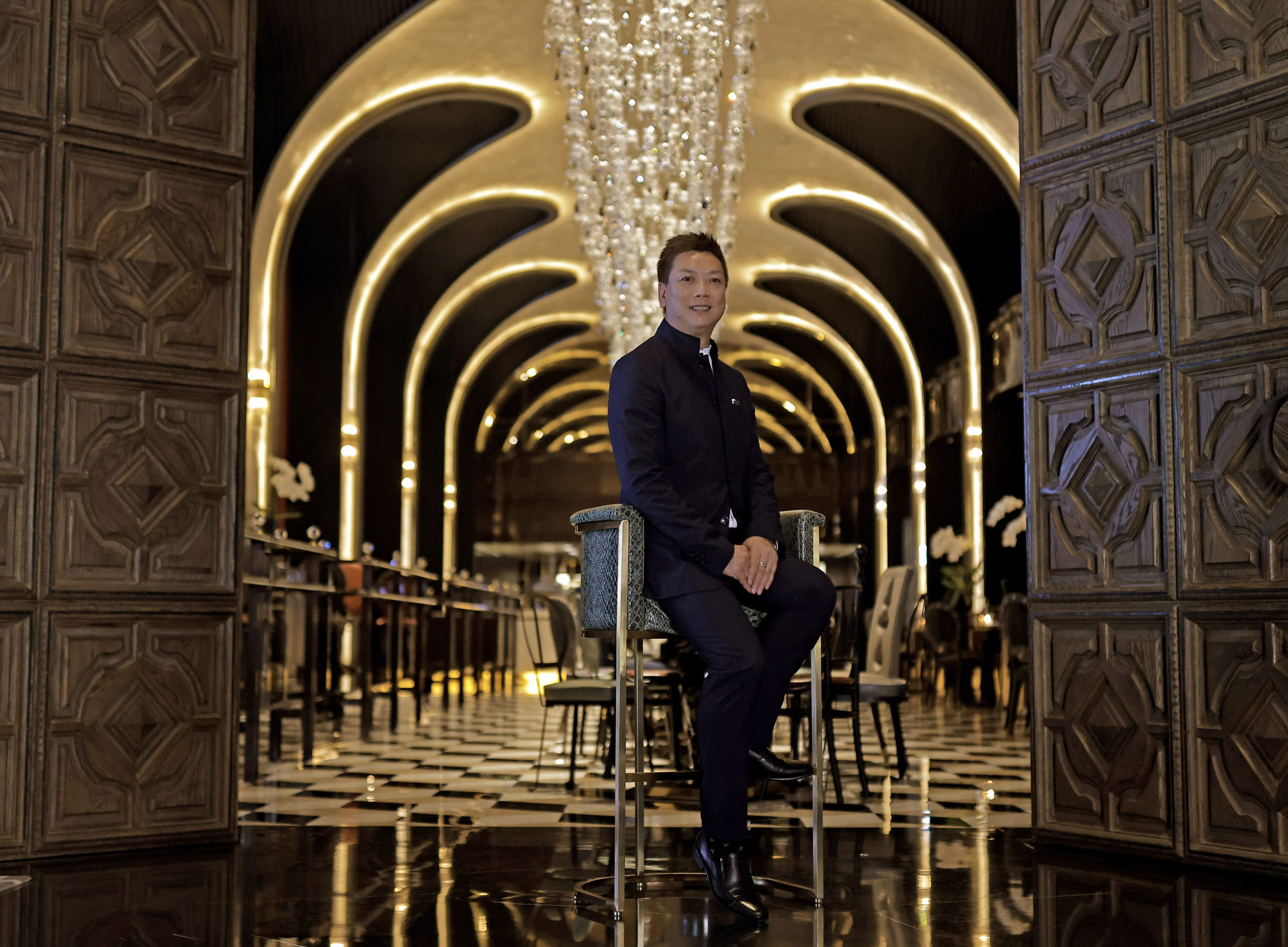
“It’s a plug-and-play solution for independent hotels who want a global presence and global distribution, where they would have to spend a lot more on their own if they want to set up their own,” Wong says.
SLH membership also allows independent hotels to tap into loyalty networks based on partnerships the group has established.
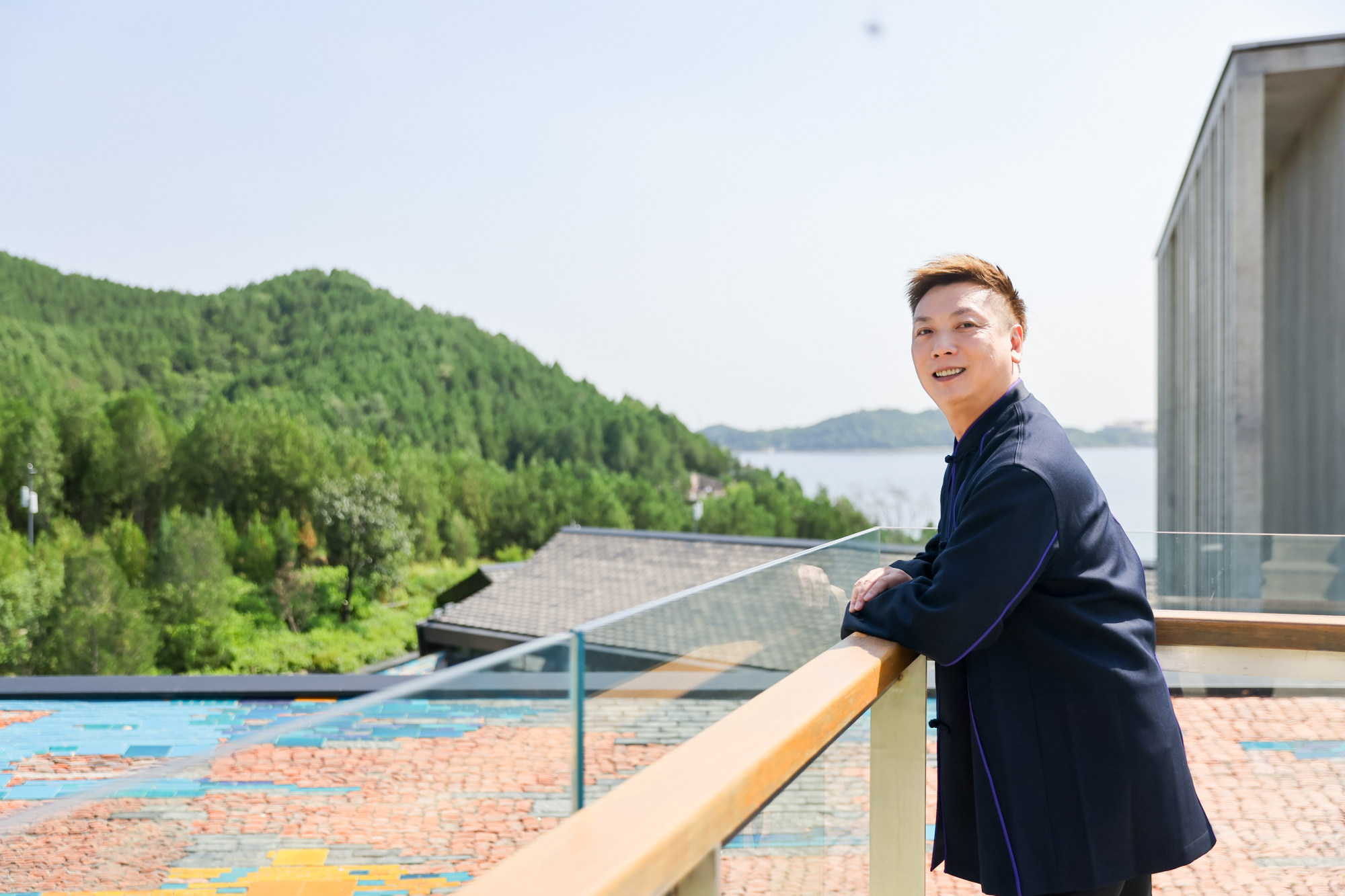
To join SLH, each hotel must pass an application process that begins with Wong, who has the job of inspecting and being the first point of contact for every potential new member in the Asia-Pacific region.
To qualify as a “small luxury hotel”, properties must meet quality and service standards, and, of course, be “small” – anywhere from having a single villa to about 210 rooms (as is the case with The Sukhothai Bangkok Hotel).
“My sweet spot is 50 to 100 rooms, because that gives you the uniqueness and personalisation that a small hotel can offer,” Wong says. “The owners themselves have to be truly invested in their property, because that [is reflected in] the way that you treat the service or you treat the guests.”
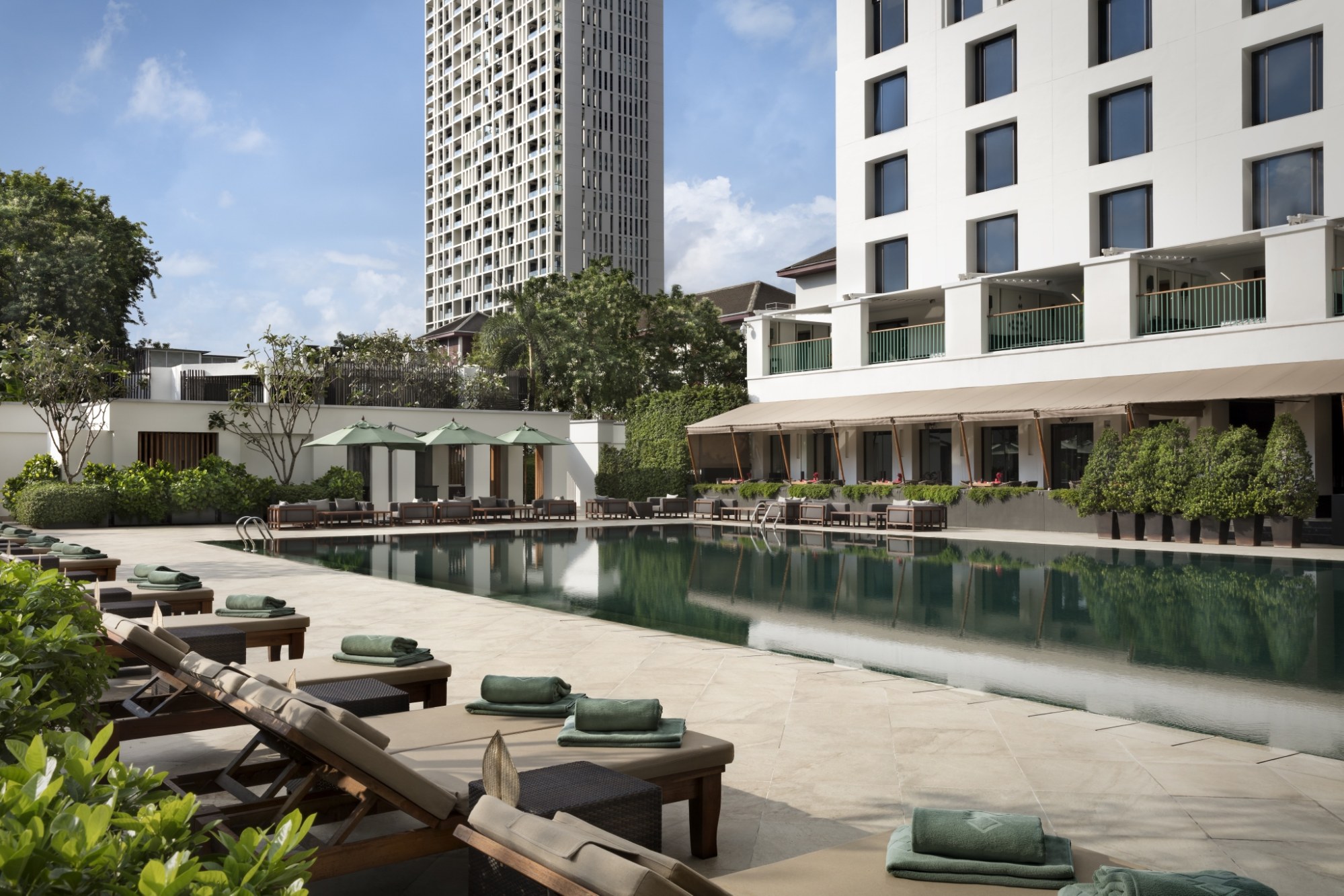
Of the hotels that are eligible and apply to join SLH, around 50 per cent are approved after site inspections and additional checks.
To ensure standards remain high, all member hotels must impress a mystery inspector every year.
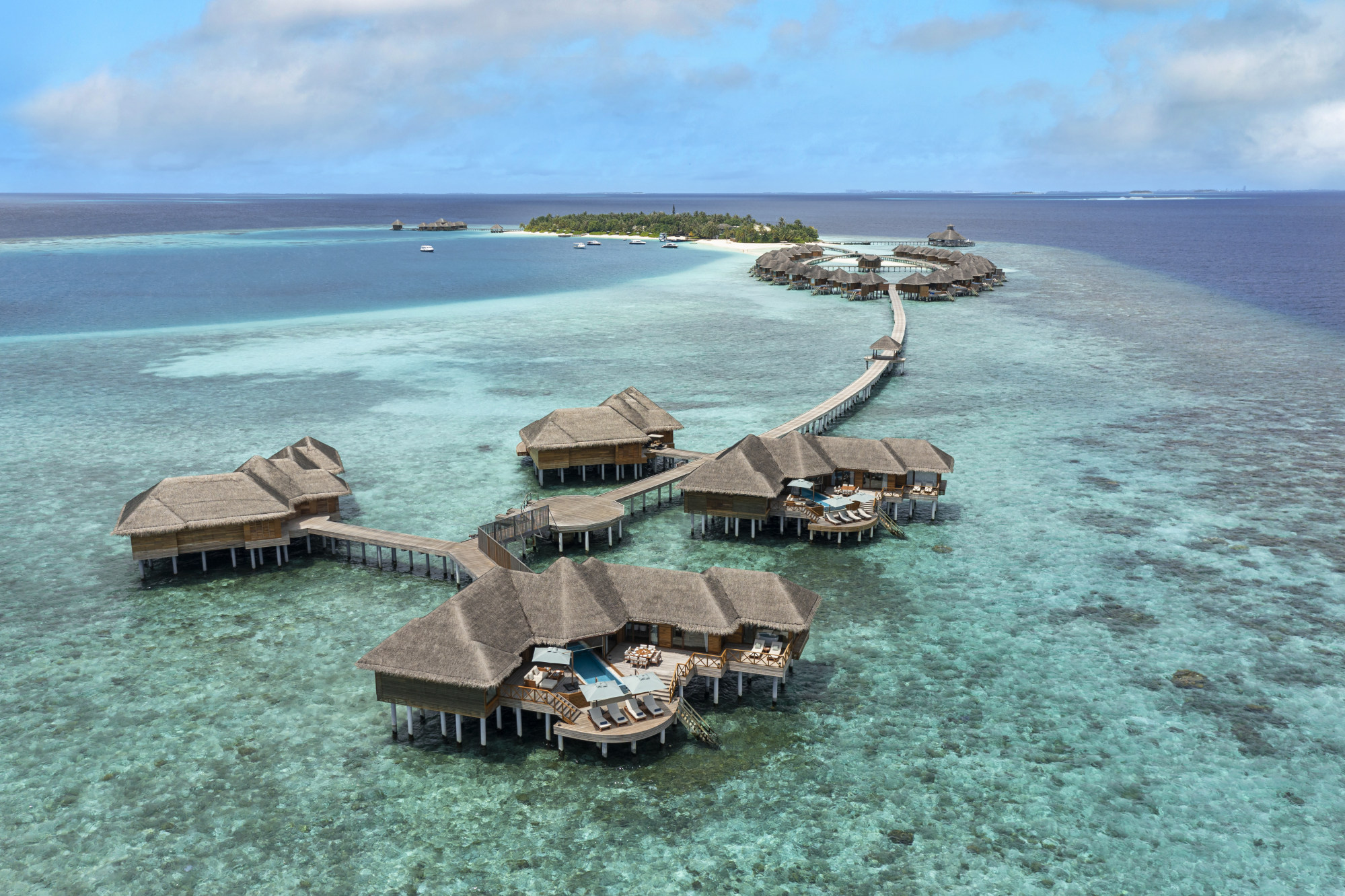
The group has recruited about 100 inspectors worldwide, all seasoned travellers and regular visitors to luxury hotels. Most have day jobs, so tend to carry out inspections while travelling for work or holiday.
If a hotel fails its inspection, SLH will make contact to see whether it was a one-off or if any improvements can be made. If the hotel fails a second inspection, SLH will terminate its contract.
Among the few hotels to have chosen to leave SLH have been Banyan Tree, Hoshinoya and Oberoi properties that have become members of chains that are now sizeable in their own right.
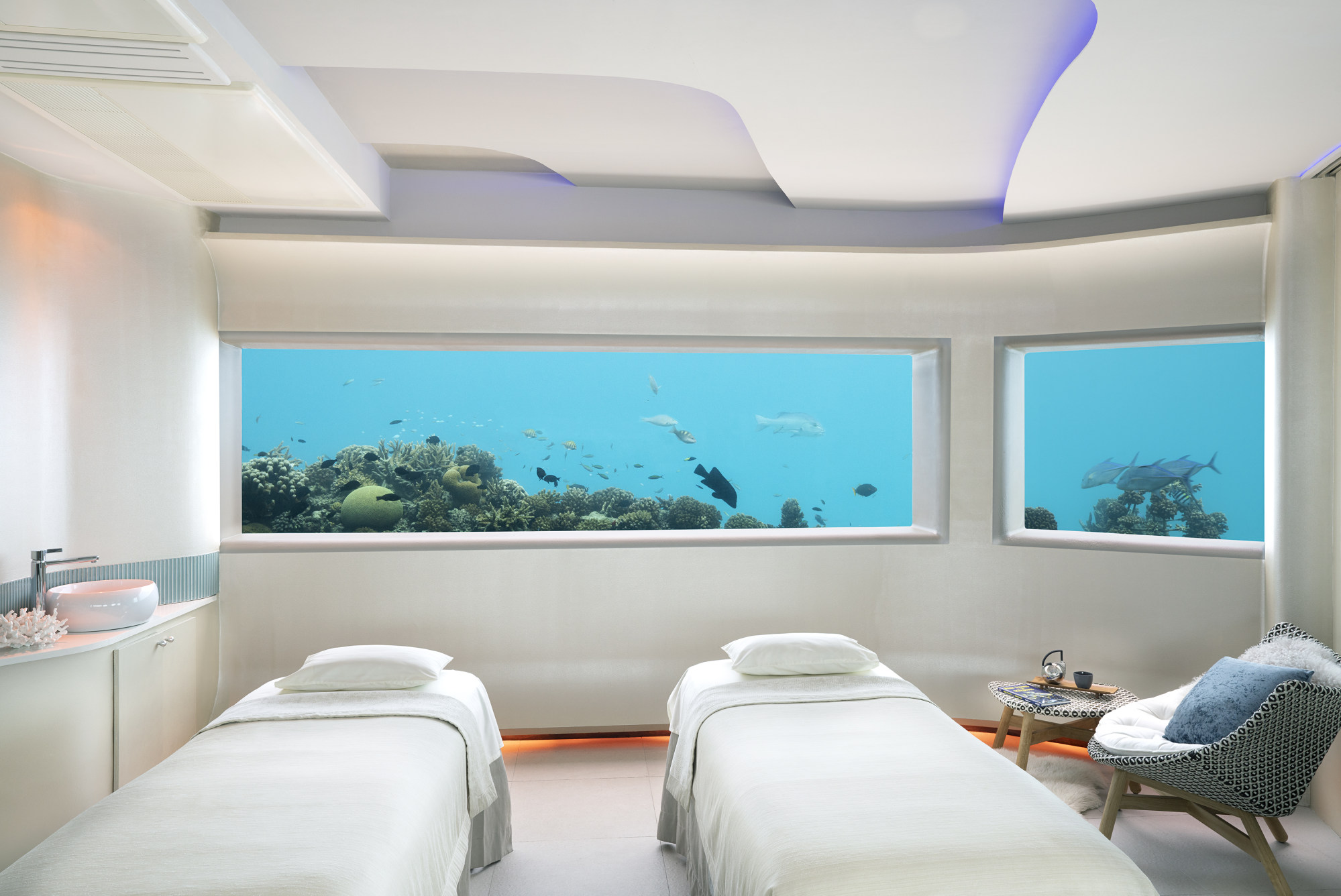
Europeans are used to the concept of small luxury hotels, says Wong, but in recent years, Asians have begun to recognise their worth, too.
“The Asian customer has gone from flashy luxury to private luxury, because they have gotten to the stage of maturity. They’ve travelled the world, they’ve gone to Paris, Milan, done the fashion stuff, the shopping stuff.
“Now they know what to look for. So, they tend to go with quieter, discreet accommodations.”
Asked for a stand-out SLH property in Asia, Wong suggests the 15-room The Dawn Luxury Hotel, in Yunnan, China, which stands within Weishan Ancient City.
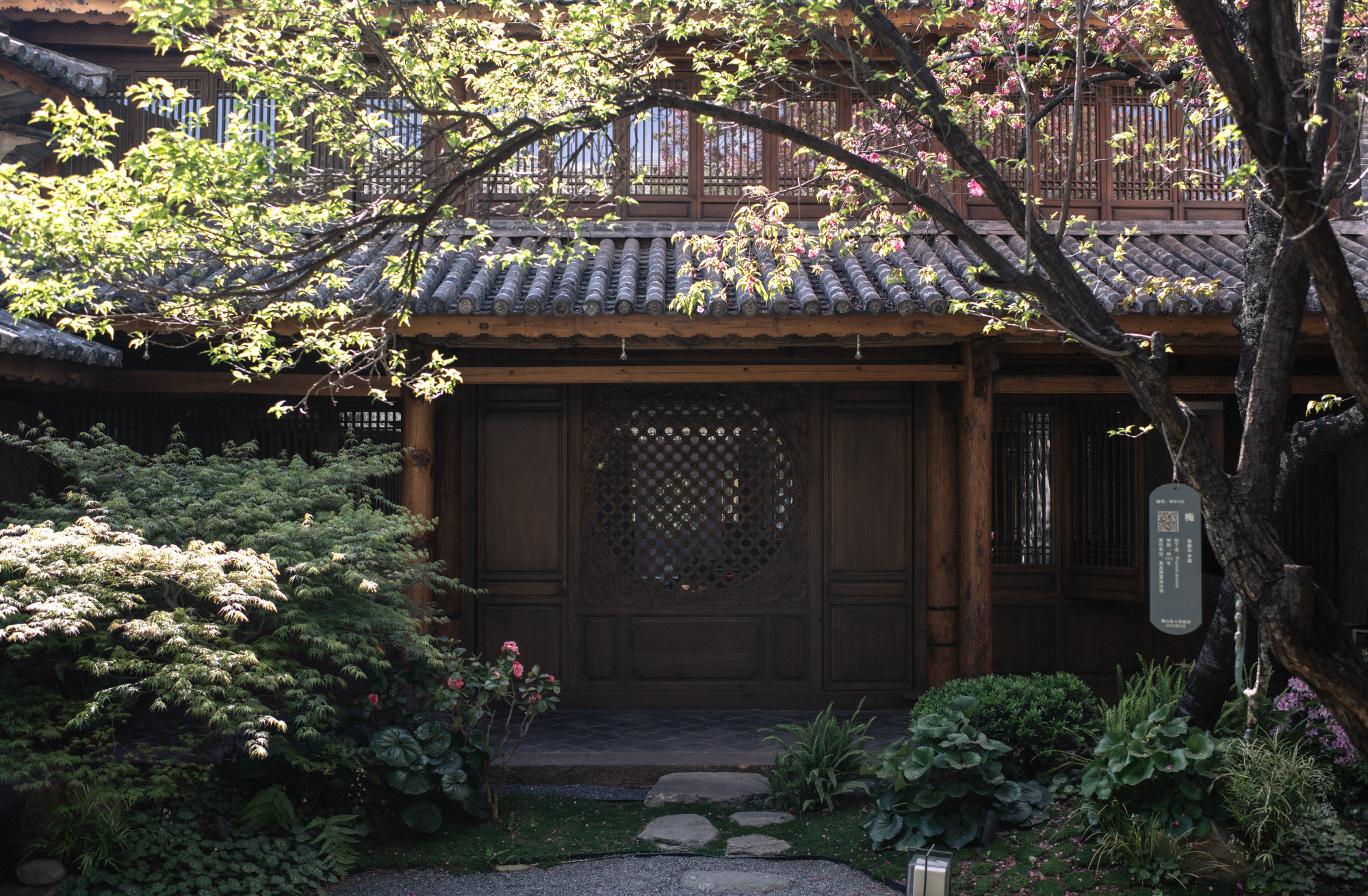
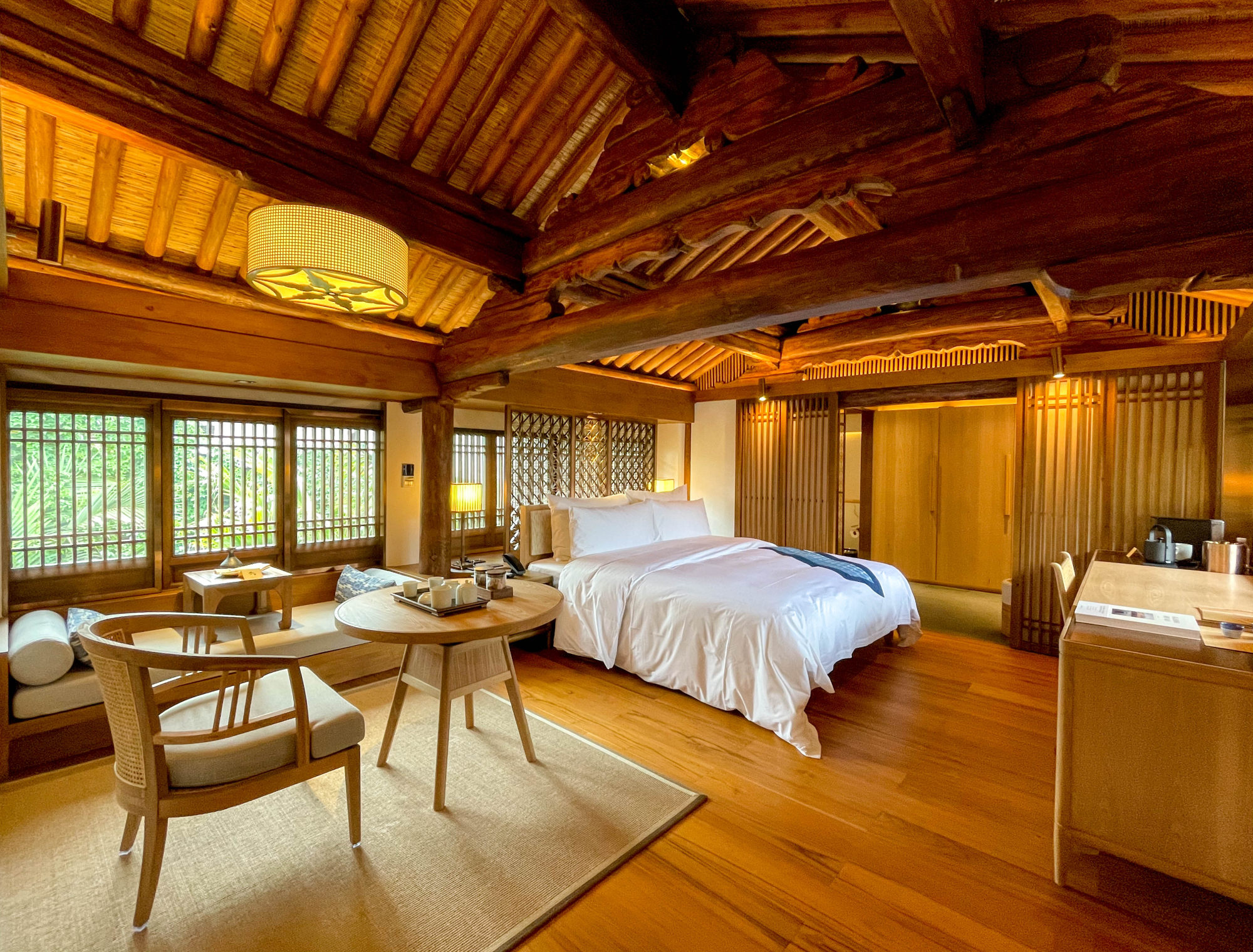
“The owner spent seven years reconstructing the old place,” he says.
“Cars can’t get into it – you have to stop outside the gates of the city, and then the concierge will guide you through the old lanes, the old streets into the hotel.
“It’s not a man-made ancient city, like a distant land. It’s actually how people used to live. The old shops are still there.”







